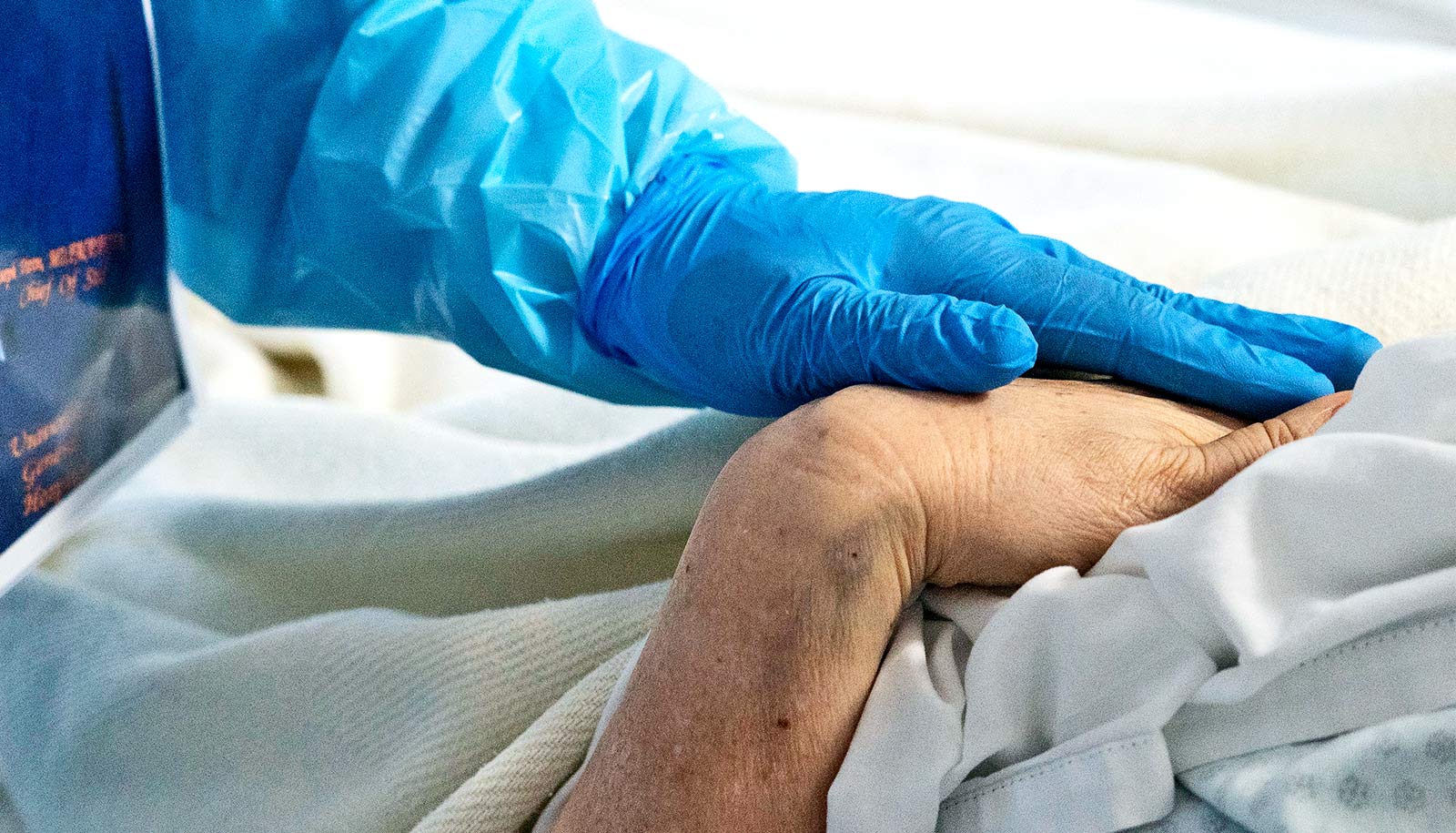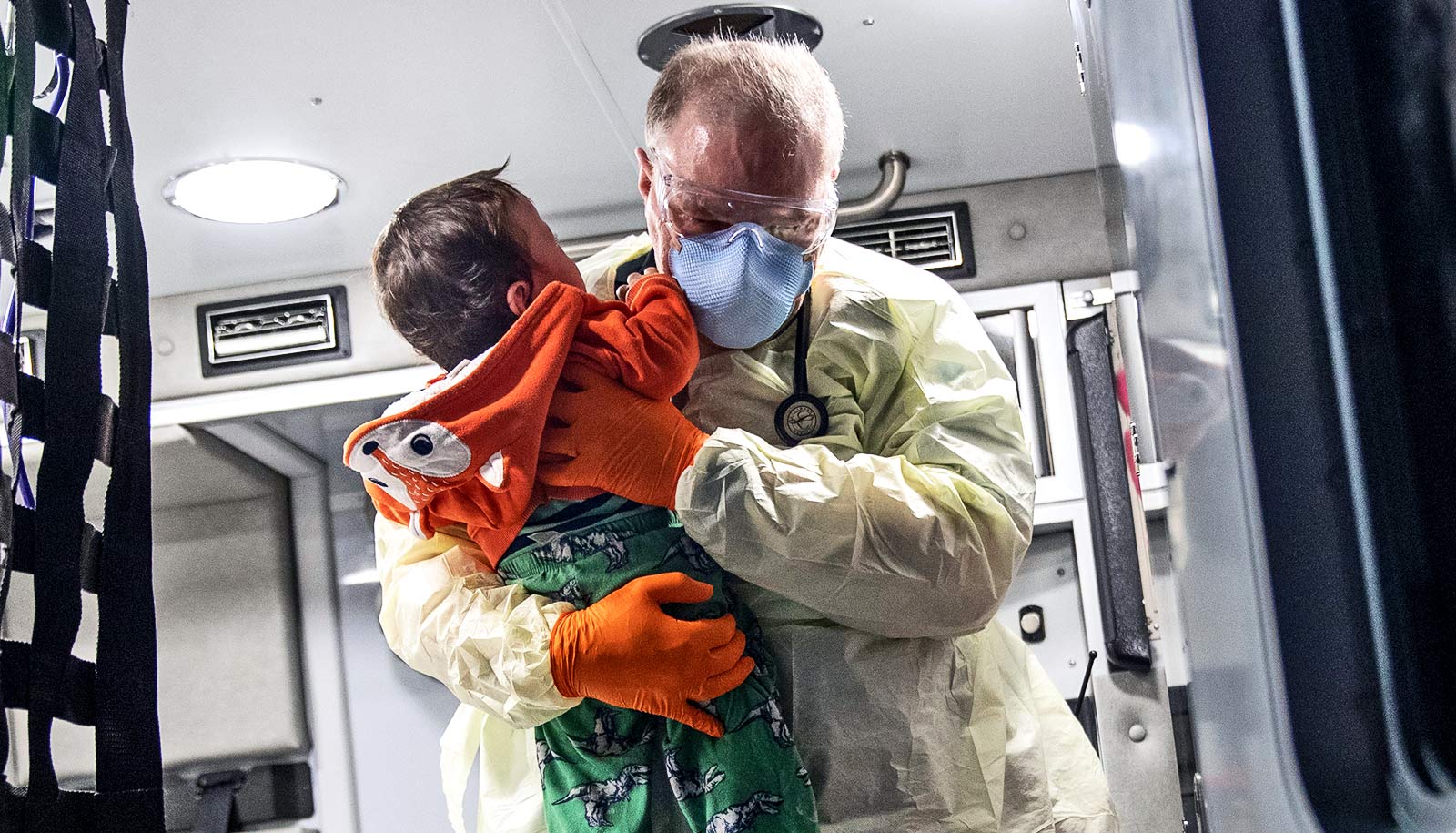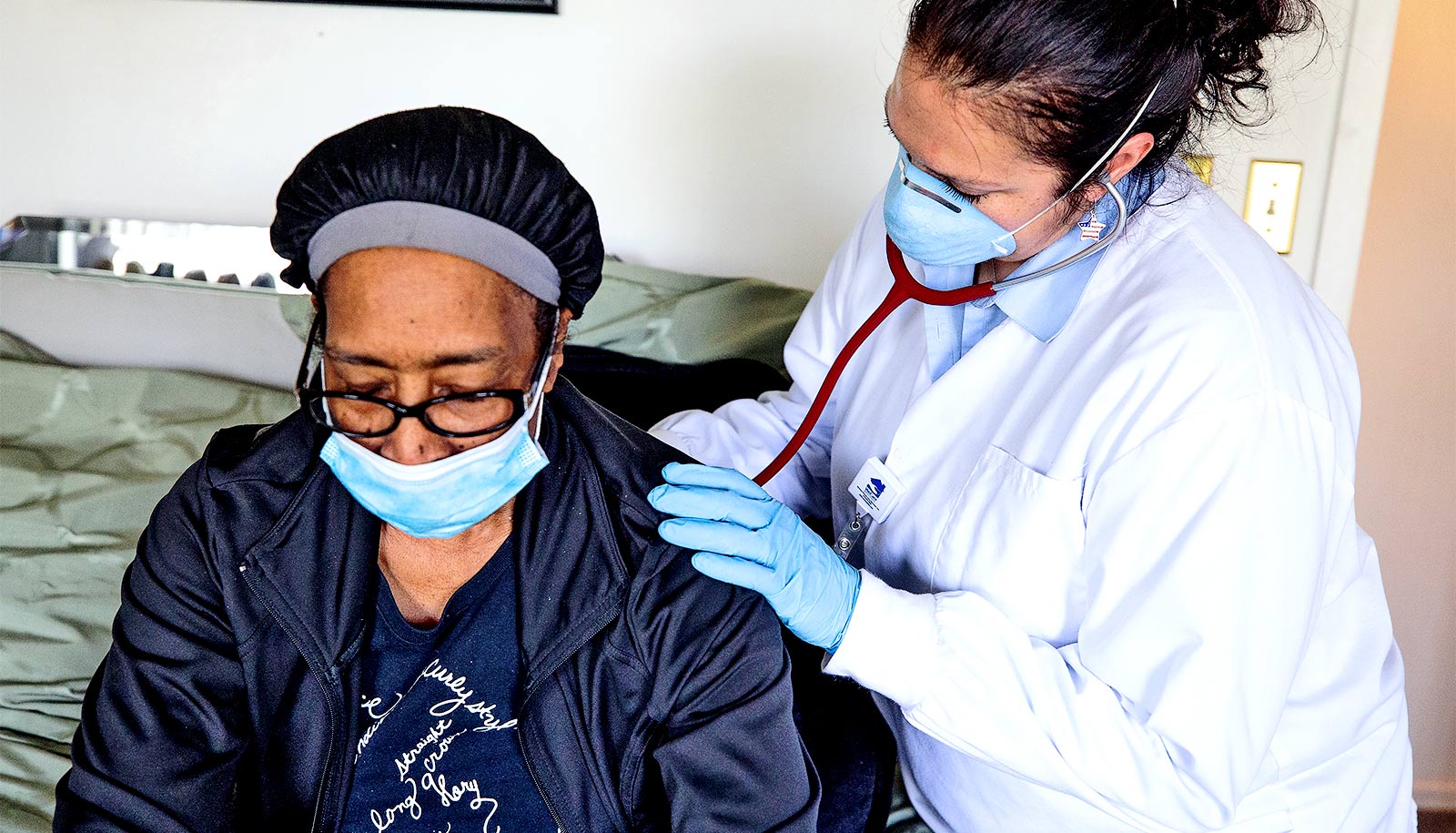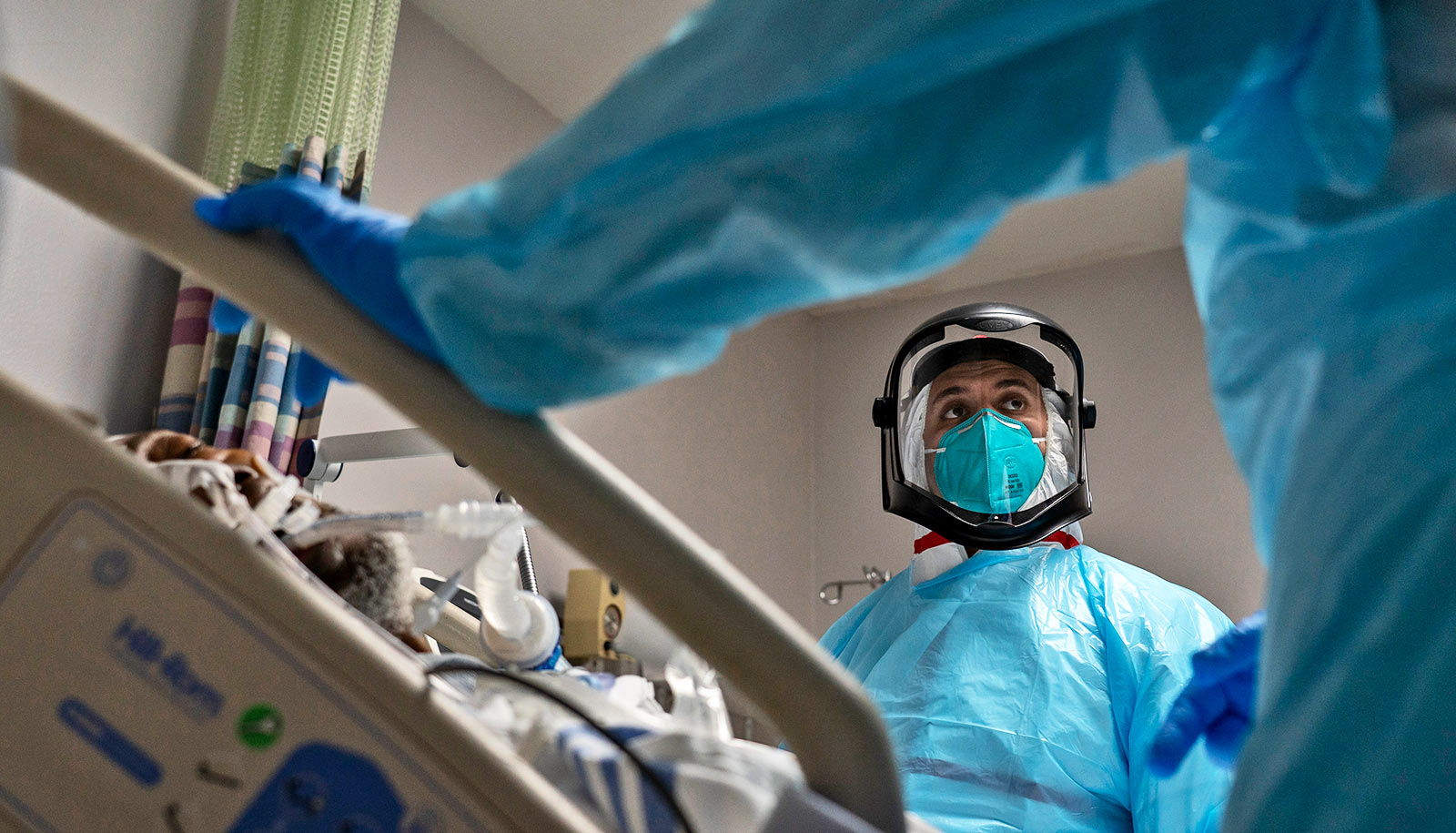Rogue antibodies are major culprits in severe cases of COVID-19, researchers report.
These autoantibodies target and react with a person’s tissues or organs similar to ones that cause autoimmune diseases such as lupus or rheumatoid arthritis. In COVID-19 cases they can attack healthy tissue in brain, blood vessels, platelets, liver, and the gastrointestinal tract, researchers report. The more autoantibodies detected, the greater the disease severity patients experience.
And the autoantibodies paradoxically also target and interfere with many immune system proteins that are designed to fend off infections, according to a new study.
The development of antibodies in response to the COVID-19 virus has been the great long-term hope for ending the pandemic, but it might not be so simple.
“It’s a two-edge sword,” says Aaron Ring, assistant professor of immunobiology at Yale University and senior author of the paper. “Antibodies are crucial to fend off infection, but some COVID-19 patients also develop antibodies that damage their own cells and tissues.”
It is clear that in many cases the presence of coronavirus drove the creation of the damaging autoantibodies, Ring says. But it is also likely that some COVID-19 patients had pre-existing autoantibodies that made them more susceptible to infection, he says. Mice with these same autoantibodies were more susceptible to infection by the COVID-19 virus and more likely to die, the authors report.
The existence of these long-lived rogue autoantibodies could also help explain why some people infected with COVID-19 can later develop lasting medical symptoms, so-called long COVID cases.
“This could be the unfortunate legacy of the virus,” Ring says.
“Our findings reinforce the importance of getting vaccinated,” adds co-corresponding author Akiko Iwasaki, a professor of immunobiology. “The fact that even mild infections are associated with autoantibody production underscores the potential for long-term health consequences of COVID-19.”
For the study, Ring’s lab worked with Iwasaki’s lab and members of the Yale IMPACT team—a group of scientists, scholars, and physicians developing research and clinical efforts to combat COVID-19—to screen blood samples from 194 patients who had contracted the virus, with varying degrees of severity, for the presence of autoantibodies.
Specifically, they used a novel technology developed by Ring’s lab called Rapid Extracellular Antigen Profiling (REAP) to identify autoantibody interactions with nearly 3,000 human proteins.
Ring says the findings may lead to strategies to treat or prevent the damaging effects of autoantibodies in COVID-19 patients.
In addition, the new REAP technology could be used to pinpoint important antibody responses for many other disease conditions beyond COVID-19. Ring’s lab has found a host of novel autoantibodies in patients with autoimmune disease and is now searching for autoantibodies in patients with cancer and neurological illnesses.
The research appears in the journal Nature.
Ring, co-first author Eric Wang, and graduate student Yile Dai are inventors of a patent describing the REAP technology used in the study and Ring is the founder of Seranova Bio, which seeks to market the technology.
The Mathers Family Foundation and the Ludwig Family Foundation funded the research.
Source: Yale University



